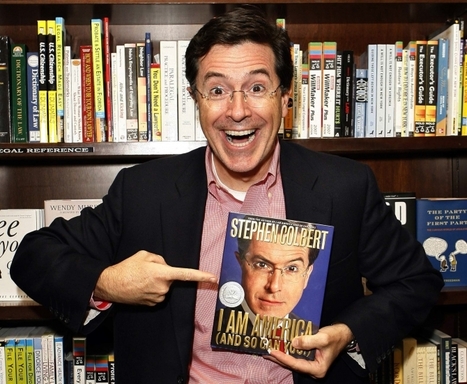Maria Albo, Gudrun Winther, Cristina Tuni, Søren Toft and Trine Bilde at Aarhus University in Denmark set out to see if the quality of the gift would affect whether or not a female mates, and if she does mate, how long she mates for. The research team went outside and collected a bunch of juvenile nursery web spiders, and then raised them up on a housefly diet until adulthood (This way the researchers knew that all the spiders were virgins, which is important). Then they offered males items to wrap: a normal housefly, a protein-enriched housefly, a worthless gift (a cotton ball, dry flower head or leftovers of a previously eaten fly), or nothing at all. They allowed each male to interact with a female for up to 30 minutes, and observed the female responses.

 Your new post is loading...
Your new post is loading...
 Your new post is loading...
Your new post is loading...





















![People More Likely to Lie Through Texts [STUDY] | Science News | Scoop.it](https://img.scoop.it/74cuEhp3l2iRD-RmA1Mxwzl72eJkfbmt4t8yenImKBVvK0kTmF0xjctABnaLJIm9)





